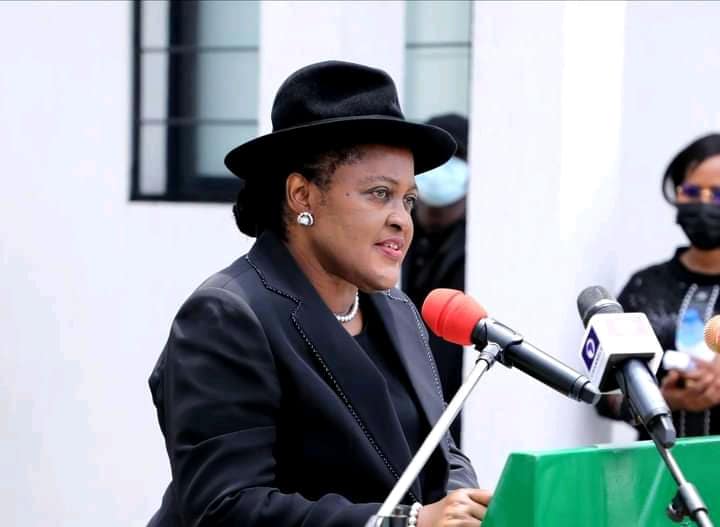Niger Delta
Sylva, NCDMB Assure Development Of Local Content For Oil, Gas Sector

Minister of State for Petroleum Resources, Chief Timipre Sylva, has given assurances that the Federal Government is willing to fast-track development of local capacities in the oil and gas sector of Nigeria.
He stated this yesterday while declaring open a two-day African local content round table, an event hosted by the Nigerian Content, Development and Monitoring Board, NCDMB which is ongoing in Yenagoa, Bayelsa State.
The Minister hinted that the event would afford African oil producing nations the opportunity to cross-fertilise and share ideas in building as well as develop the sector with adequate African manpower.
Also speaking, the Executive Secretary, Nigerian Content Development and Monitoring Board, NCDMB, Eng. Simbi Wabote said the local content board has created no few than 3,000 jobs and has also trained millions of Nigerians on various skills upon its establishment.
He noted that the board was primarily established to drive the local content policy of the Federal Government in the oil and gas sector and other critical sectors of the economy.
The Tide reports that the African local content roundtable has participants from African oil and gas producing nations and was hosted by the NCDMB in partnership with the African Petroleum Producing Organisation, APPO.
The content board helmsman emphasised that as against the misunderstanding of the term, ‘local content’, the word does not mean an NGO neither was it a Corporate Social Responsibility, CSR.
“Local content is not a CSR, it is not an NGO. What it means is that we’re to create the needed indigenous manpower for the development of the nation’s oil and gas sector and other critical sectors of the economy”, he said.
“Through the NOGICD Act, we’ve been able to create over 3,000 direct jobs for Nigerians and trained millions in various skills relating to the oil and gas sector and others”, he added.
Wabote restated the need for African oil producing nations to develop their indigenous capacities, saying that studies have shown that capacity building, gap analysis, funding, research and development, regulatory framework, amongst others, were key parameters in the actualisation of a a sustainable local content policy.
By: Ariwera Ibibo-Howells, Yenagoa
Niger Delta
Nembe Renders Development Scorecard … Defers King Koko’s Annual Festival

Niger Delta
Oborevwori Celebrates Wife At 56

Niger Delta
NDDC Restates Commitment To Support Security Agencies In N’Delta

-

 Sports3 days ago
Sports3 days agoArsenal Women End Man City’s Invincibility
-

 Sports3 days ago
Sports3 days agoU-20 WWC: Falconets claim qualifier win
-

 Sports3 days ago
Sports3 days agoInsurance Deepen Enyimba’s Trouble
-

 Sports3 days ago
Sports3 days agoYouth Olympics preparation Gears up
-

 Sports3 days ago
Sports3 days agoCologne Youth Team Set Crowd Record
-

 Sports3 days ago
Sports3 days agoTornadoes Set For NPFL exit over Stadium Ban
-

 Sports3 days ago
Sports3 days agoPalmer Stars As Chelsea Compound Wolves Woes
-

 Sports3 days ago
Sports3 days agoBarca Pull Out Of Super League Project

